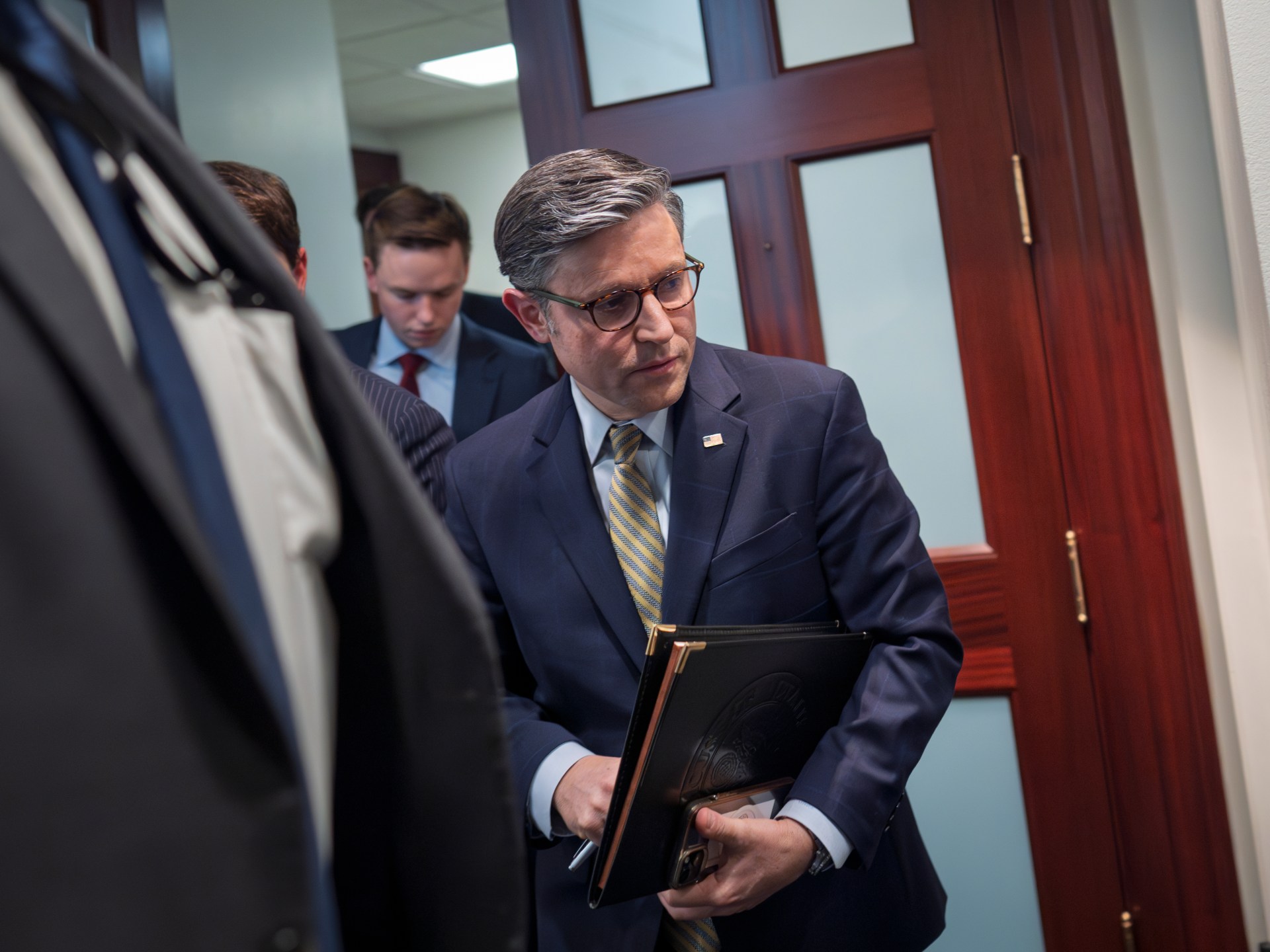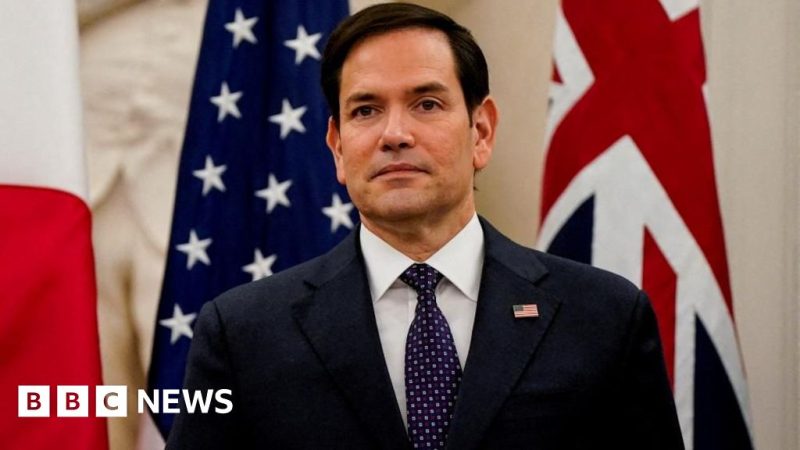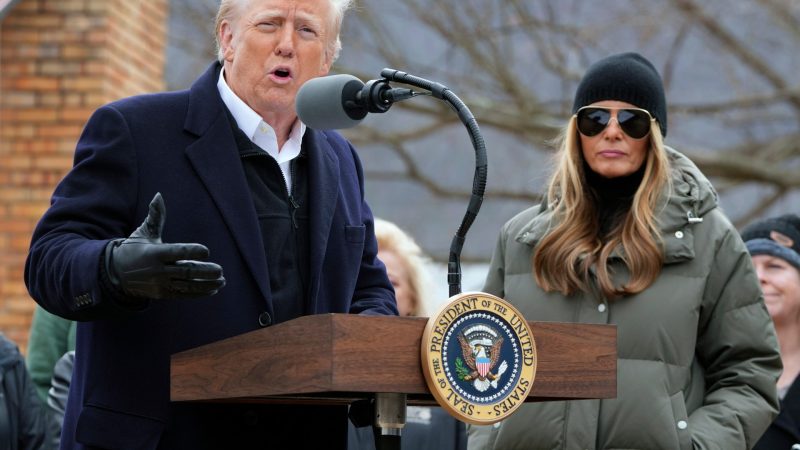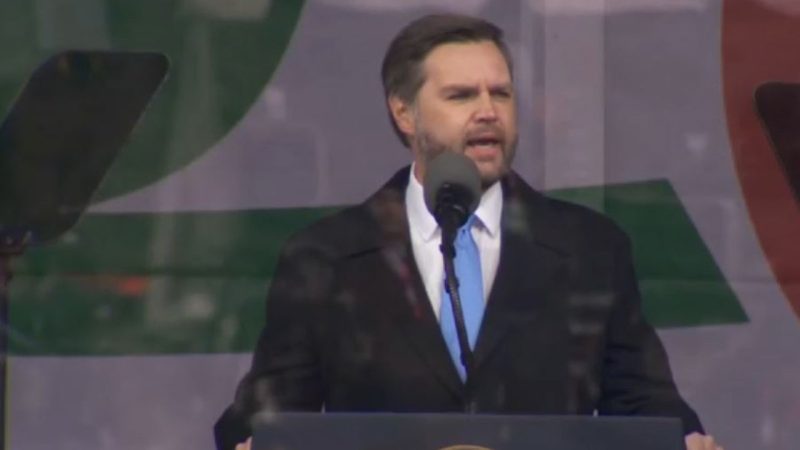Last-minute budget bill to prevent US government shutdown prevails in House | Government News

A last-minute budget bill has passed in the United States House of Representatives to keep the federal government funded and running through mid-March, averting an impending shutdown.
The continuing resolution now progresses to the Senate with only hours to spare before the shutdown is slated to take effect on Saturday at 12:01am local time (05:01 GMT).
On Friday evening, the temporary budget legislation sailed through the House with overwhelming support, with 366 votes in support.
Only 34 representatives, all Republican, voted against the bill. One Democrat, Representative Jasmine Crockett of Texas, abstained by voting “present”.
“We are really grateful that tonight, in bipartisan fashion with overwhelming majority of votes, we passed the American Relief Act of 2025,” Mike Johnson, the House speaker, said in a news conference after the vote.
The stopgap bill, however, omitted one key issue that had stalled recent negotiations: the debt ceiling.
Normally, Congress weighs federal spending separately from the debt ceiling, which limits how much the government can borrow.
But this week, President-elect Donald Trump scuttled an earlier bipartisan bill in part because it did not extend or abolish the debt ceiling, which he compared to a “guillotine” dangling over his incoming administration.
The debt ceiling has become a divisive issue among Republicans, some of whom feared extended or eliminated it would pave the way for unfettered government spending.
Trump, for his part, threatened to set up primary challenges for any Republican who opposed his plan. He signalled that he preferred the debt ceiling debate to happen under the outgoing administration of President Joe Biden, a Democrat and his erstwhile election rival.
“Unless the Democrats terminate or substantially extend Debt Ceiling now, I will fight ‘till the end,” Trump said in a social media post on Wednesday. “This is a nasty TRAP set in place by the Radical Left Democrats! They are looking to embarrass us in June when it comes up for a Vote.”
Trump’s opposition to this week’s bipartisan legislation put him at odds with Johnson, another top Republican leader. Johnson’s predecessor for the speakership, Republican Kevin McCarthy, was ousted last year in a historic vote over his role in passing a bipartisan spending bill.
After the first bipartisan bill was scuttled on Wednesday, Trump backed another version that failed in the House a day later, on Thursday. All Democrats opposed it, as well as 38 Republicans.
Friday’s bill managed to restore Democratic support, after closed-door negotiations. In his remarks after the vote, Johnson tried to cast the latest spending deal as a win for Trump’s America First economic platform.
“This is America First legislation, because it allows us to be set up to deliver for the American people,” Johnson said.
He also hinted at changes to come in January, when a new Congress is sworn in and Donald Trump takes office for a second term. When that happens, Republicans will hold majorities in both chambers of Congress.
“In January, we will make a sea change in Washington,” Johnson said. “Things are going to be very different around here. This was a necessary step to bridge the gap, to put us into that moment where we can put our fingerprints on spending for 2025.”
Like earlier bills, the temporary stopgap measure that passed on Friday contains approximately $10bn in farm aid and $100bn in disaster relief, a priority after the destruction of hurricanes like Helene and Milton.
But the saber-rattling that had accompanied an earlier version of the bill had largely subsided by Friday night, with Trump allies like billionaire Elon Musk striking a conciliatory note.
Musk, who had decried a Wednesday version of the bill as “criminal”, praised Speaker Johnson after the vote on Friday night for streamlining the legislation.
“The Speaker did a good job here, given the circumstances,” he wrote on his social media platform X. “It went from a bill that weighed pounds to a bill that weighed ounces.”
Democrats, meanwhile, questioned Musk’s growing influence over the Republican Party. Musk is slated to advise Trump’s incoming administration in a new role, as part of a non-governmental, yet-to-be-established agency known as the Department of Government Efficiency.
“Obviously, the thing Donald Trump wanted, he didn’t get,” Representative Jared Moskowitz of Florida told reporters as he walked down the Capitol steps. “It looks like Elon got some of the things he wanted. So that’s interesting.”
Moskowitz credited the Democrats for giving the Republicans the majority needed to pass the bill in the House, despite internal dissent within the right-leaning party.
“The drama that went on here for the last two days didn’t need to happen,” he said. “And we literally wound up in the same place we were always going to wind up in, which was the Democrats providing the majority of the votes to keep the government home open and deliver for the American people.”





